
Greek mythology paints a universe where gods and heroes are the architects of fate and the sculptors of human destiny. Their epic tales offer timeless insights into the complexities of existence and the spirit of humanity and are steeped in drama, passion, and power. Step closer and uncover the intricate relationships and profound truths hidden within these ancient stories.
Zeus: King of the Gods

From his throne atop Mount Olympus, Zeus commands the skies with formidable thunderbolts while asserting divine authority over gods and mortals. His numerous romantic escapades have given rise to a vast lineage of demigods and saviors. Beyond mere might, he is revered as a god of justice, critical in maintaining order and fairness.
Poseidon: Ruler of the Seas

Brother to Zeus, Poseidon governs the ocean’s vast expanses and all its creatures. Depending on his mood, he can stir storms or calm waters with his mighty trident. Stories tell of his horse creation, a gift to humanity, and his fierce competition with Athena over Athens’ patronage.
Athena: Goddess of Wisdom and War

Born fully armed from Zeus’s head, Athena is celebrated for her strategic insight and calm in battle. She patronizes heroic endeavors and the city of Athens, which chose her wisdom across Poseidon’s seas. The Goddess aids heroes like Odysseus and guides them through their trials with clever insights.
Apollo: God of the Sun and Arts

Apollo shines bright as the god of the sun, music, poetry, and healing. His oracle at Delphi was revered, where he communicated prophecies through the Pythia, a priestess. Apollo’s talents influence everything from music to medicine, which makes him a beacon of culture and intellect in folklore.
Artemis: Goddess of the Hunt and Moon

Sister to Apollo, Artemis roams the forests with her bow, protector of the wild and patron of hunters. She is also associated with the moon, illuminating the night for her pursuits. In the myths, Artemis is known for her ferocious independence and protective nature and ensures the safety of women and children.
Hades: Lord of the Underworld

As the ruler of the shadowy realms below, Hades is mainly misunderstood as a figure of darkness. However, he maintains order among the deceased, following the afterlife’s rules. His abduction of Persephone, a famous myth, marks the change of seasons and the balance between life and death.
Ares: God of War
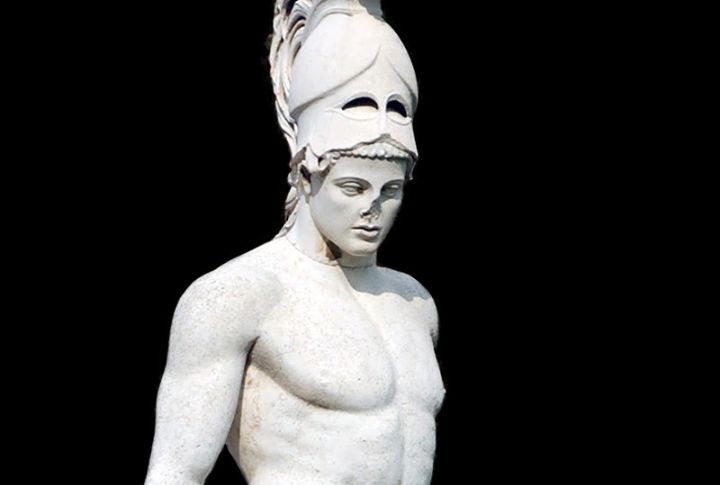
Ares revels in the chaos of battle and symbolizes warfare’s brutal aspect. Unlike Athena’s strategic approach, Ares represents raw violence and the fierce tumult of war. Despite his fearsome reputation, he also signifies courage and the necessary evils of conflict, often accompanied by his children, Phobos (Fear) and Deimos (Terror).
Hephaestus: God of Fire and Forge
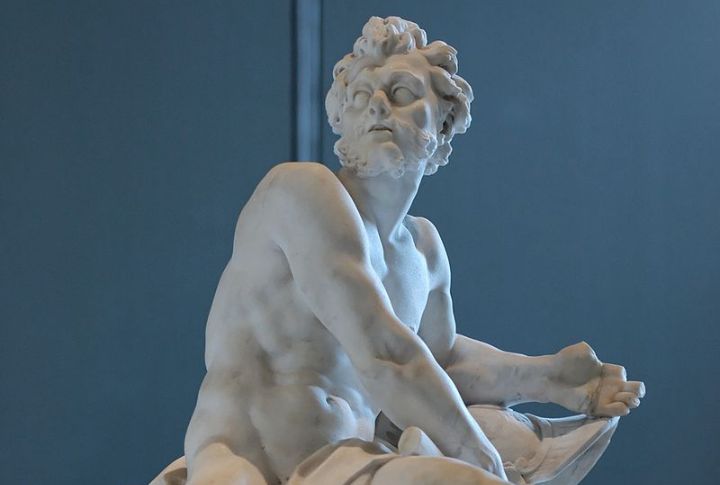
The artisan among the gods, Hephaestus, crafts wonders from his forge on Mount Olympus. Despite his limping gait, his hands create wonders—weapons for gods and saviors alike, including Achilles’ famed armor. Celebrated for his kind heart and peaceful disposition, he contrasts sharply with the fiery environment of his craft.
Dionysus: God of Wine and Revelry
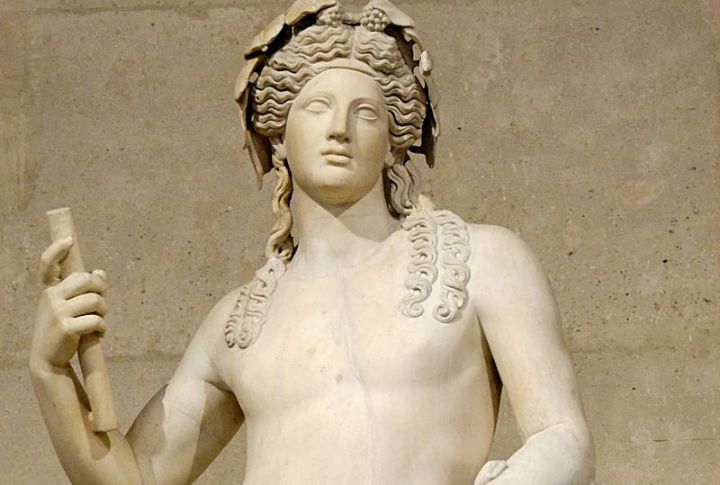
Through wine and celestial intoxication, Dionysus governs viticulture and the ecstasy of festivals. His followers, the Maenads, celebrate him in wild, frenzied rites that denote liberation from the self and the ordinary constraints of life. Dionysus’ story is also one of rebirth and redemption, which reflects his dual character as both a bringer of joy and a challenger of norms.
Hestia: Goddess of the Hearth
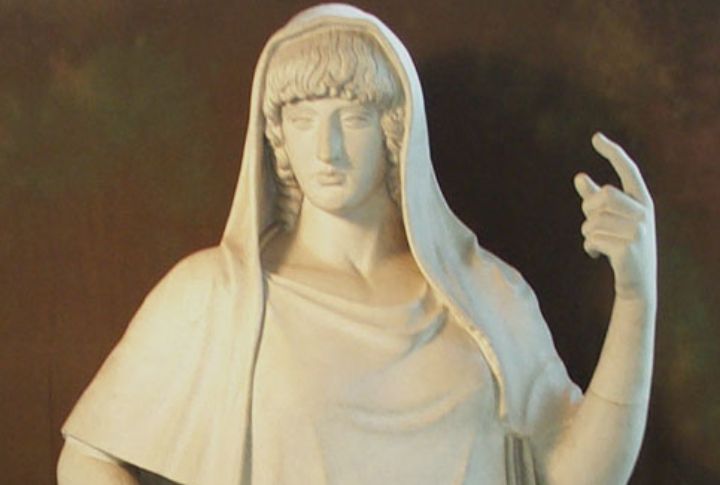
As the eldest of the Olympians, Hestia presides over the hearth and domestic life. Her presence is felt in the warmth of the fire and the familial bonds it fosters. Choosing to remain aloof from the intrigues of Olympus, she represents stability, hospitality, and the sanctity of home and family.
Aphrodite: Goddess of Love and Beauty
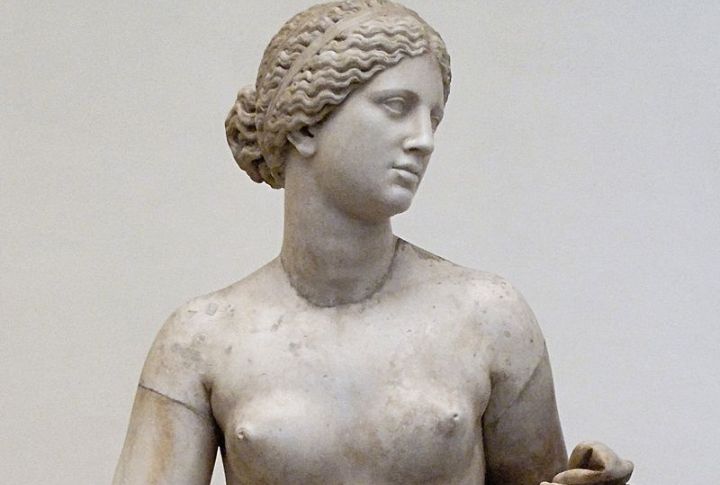
Esteemed across Olympus and beyond, Aphrodite captivates with her unmatched beauty and charm. Her power to incite love and desire is pivotal in many legends involving gods and humans. Additionally, she symbolizes the complexities of romance and the eternal allure of attraction.
Persephone: Queen of the Underworld
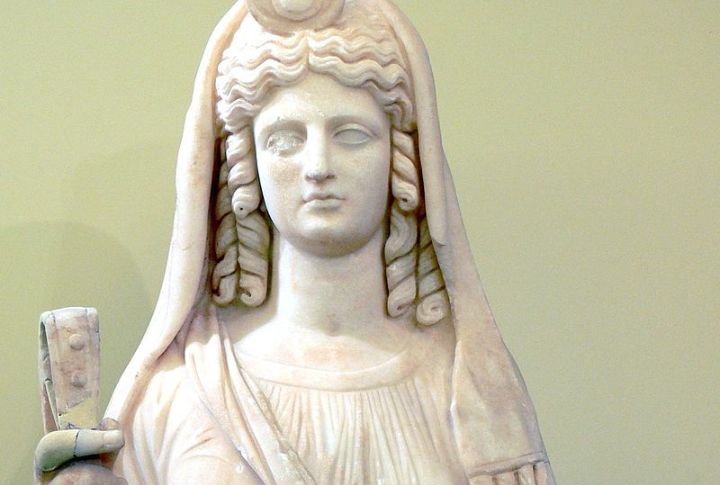
Bridging the worlds of the living and the dead, Persephone’s tale of abduction and return marks the changing seasons. Her dual role as the daughter of Demeter and the wife of Hades showcases the interplay of life and death, renewal and decay, which makes her a figure of profound transformation and balance.
Hermes: Messenger of the Gods
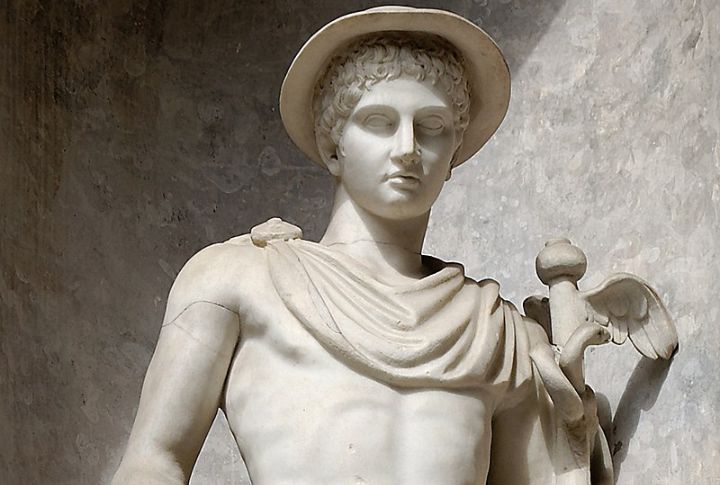
Swift-footed and witty, Hermes traverses all realms as the messenger and herald of the gods. Equipped with winged sandals, he delivers divine decrees quickly and guides souls to the netherworld. His roles as the god of commerce, thieves, and travel depict his versatile and cunning personality.
Pan: God of the Wild

Echoing through the forests and mountains, Pan monitors the pastoral, untamed parts of the world. Distinguished by his goat-like appearance and rustic pan flute, he stirs merriment and panic, inspiring the term “panic” itself. Pan’s presence is vital in myths celebrating the untamed aspects of nature and the human psyche.
Eros: God of Passionate Love
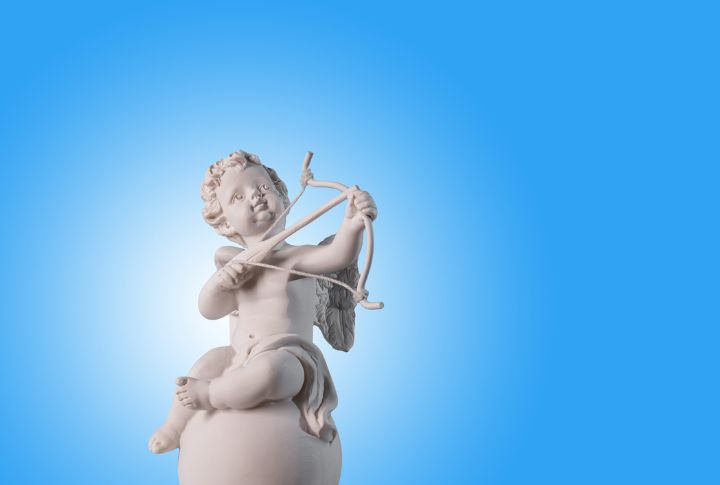
Often depicted as a playful, mischievous child with his bow and arrow, Eros strikes the hearts of gods and mortals, sparking the flames of romance and desire. His erratic disposition and meaningful impact on relationships illustrate the powerful and unpredictable force of love in mythology.


Comments
Loading…